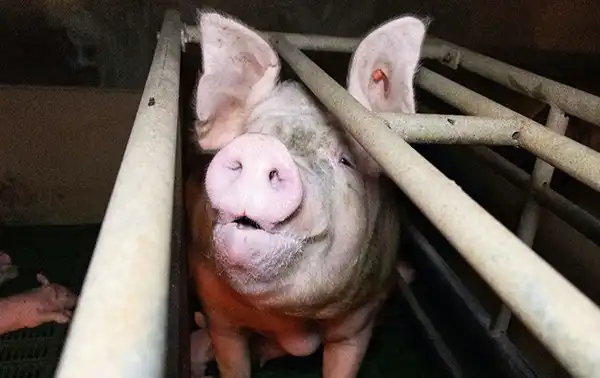Statin Quick Fix Not the Way to Good Health, says Charity
A health charity has urged caution over new research showing that statins can reverse arterial plaque, claiming that far better results can be achieved through diet. It also challenges claims that this is the first-ever success in reversing coronary artery disease – a disease which is remorselessly increasing and kills one-in-six of the population. The [b][i]Vegetarian & Vegan Foundation[/i][/b] (VVF) maintains that even if confirmed, the reduction in arterial fatty deposits is very small and may be outweighed by the profound side effects associated with large doses of statins. It says that society’s obsession with “quick-fix’ remedies is sacrificing long-term health prospects to commercial profitability. “Extraordinary results in reversing coronary artery disease were achieved as long as 25 years ago”, says health campaigner, Dr Justine Butler, “but the only publicity was in the[i] Lancet[/i]. Since that time, Doctor Dean Ornish (clinical professor of medicine, University of California, San Francisco) has successfully treated patients with coronary artery disease by reversing levels of arterial plaque without drugs or surgery, often in severe cases. It is achieved entirely through comprehensive life-style changes and diet – a low-fat, vegan diet rich in whole grains, fruit and vegetables, pulses, nuts and seeds.” Ornish’s Lifestyle Heart Trial treated heart disease patients with a low-fat, plant-based diet, using unrestricted amounts of fruits, vegetables and whole grains. After a year, 82 per cent of the test group showed regression of their disease while the condition of those not following the Ornish diet deteriorated. Results were published in the [i]Lancet[/i] in 1990. “Statins do nothing to cure heart disease and they may even be counterproductive, encouraging people to continue living unhealthily in the belief that they can pop a pill when it all goes wrong,” continues Dr Butler. “The Ornish diet, so effective against heart disease, also reduces the risk of obesity, some cancers, type 2 diabetes, osteoporosis, gall bladder disease and the other degenerative diseases which are at epidemic proportions. While drugs have a role to play, the VVF supports the World Health Organisation’s view that the long-term solution to the West’s health crisis lies in diet not chemicals.” [b][i]For further information, contact Dr Justine Butler or Juliet Gellatley (0117 970 5190).[/i][/b] Reference: Ornish, D., Brown, S.E., Scherwitz, L.W., Billings, J.H., Armstrong,W.T., Ports, T.A., McLanahan, S.M., Kirkeeide, R.L., Brand, R.J. and Gould, K.L. 1990. Can lifestyle changes reverse coronary heart disease? The Lifestyle Heart Trial. The[i] Lancet[/i]. 336 (8708) 129-33.




